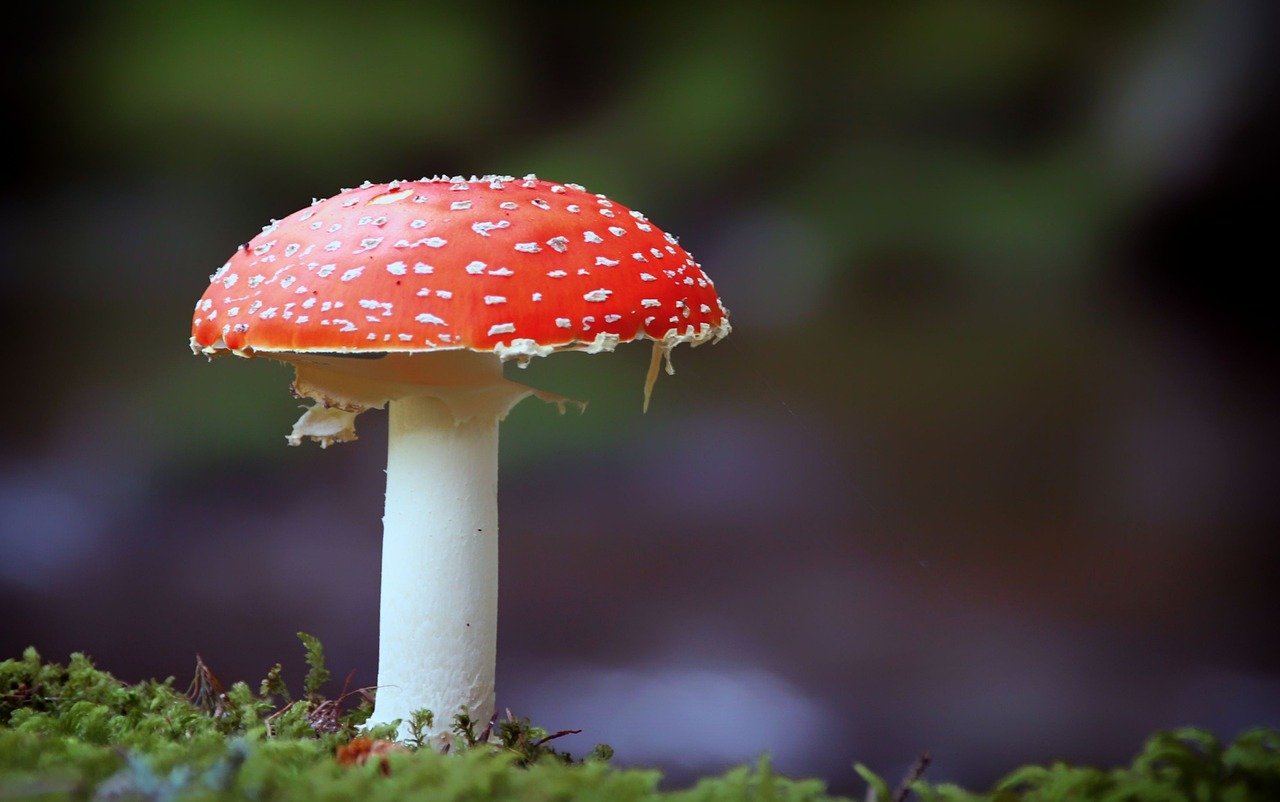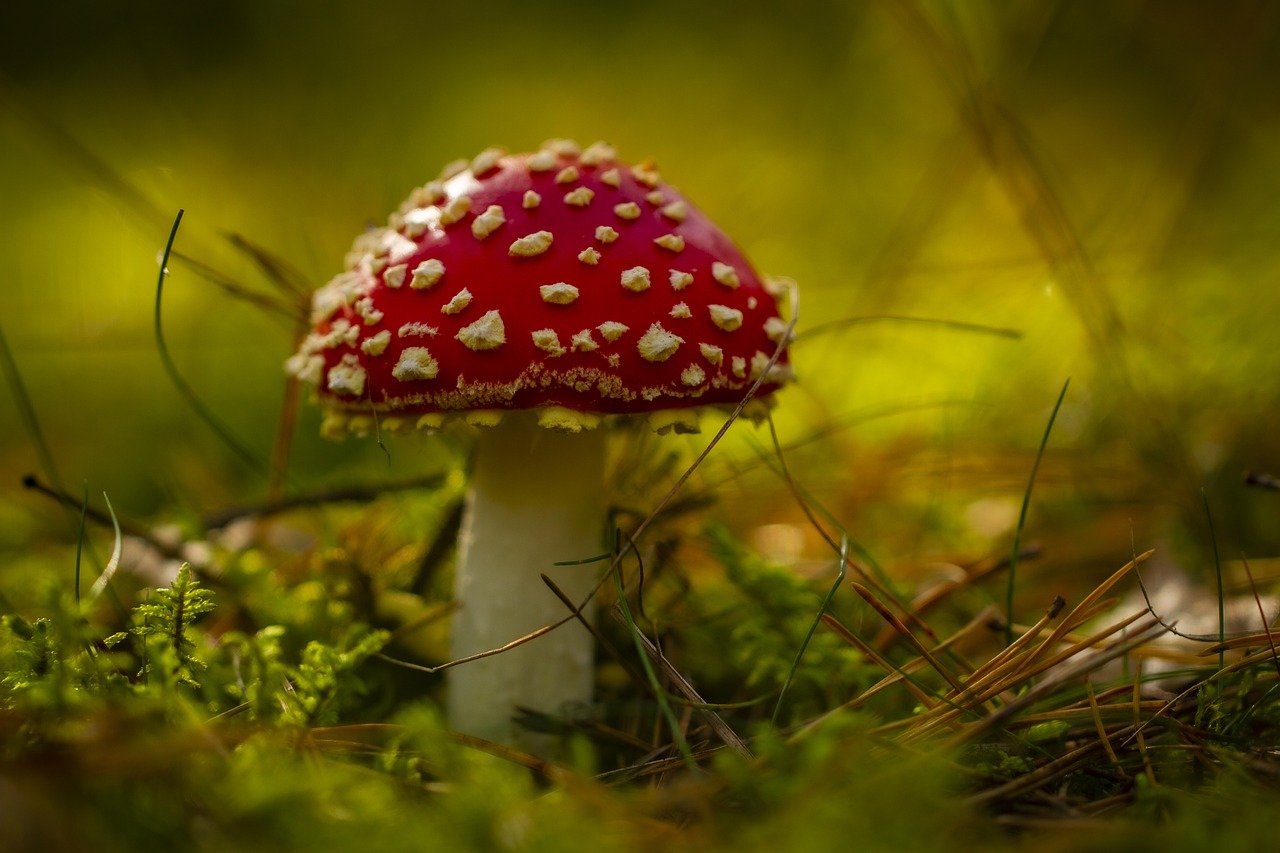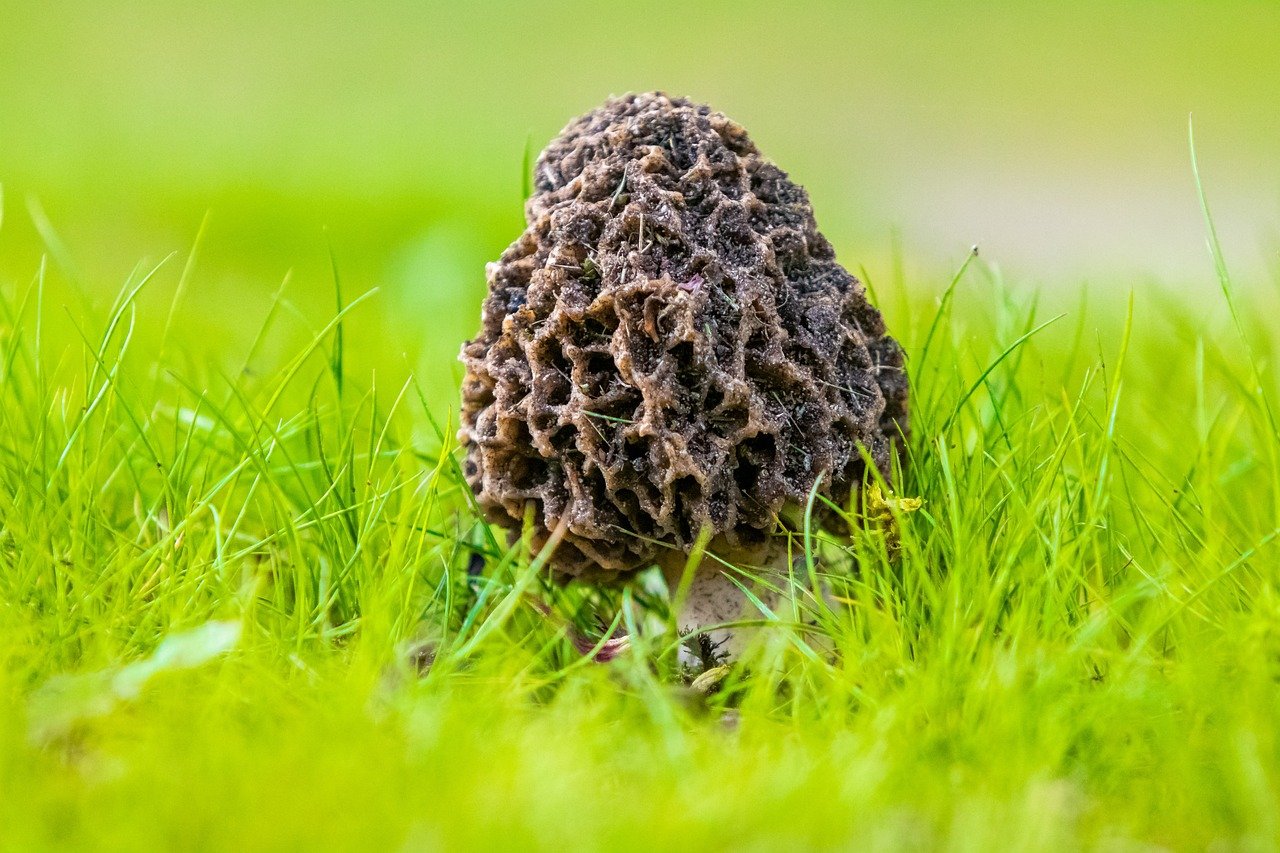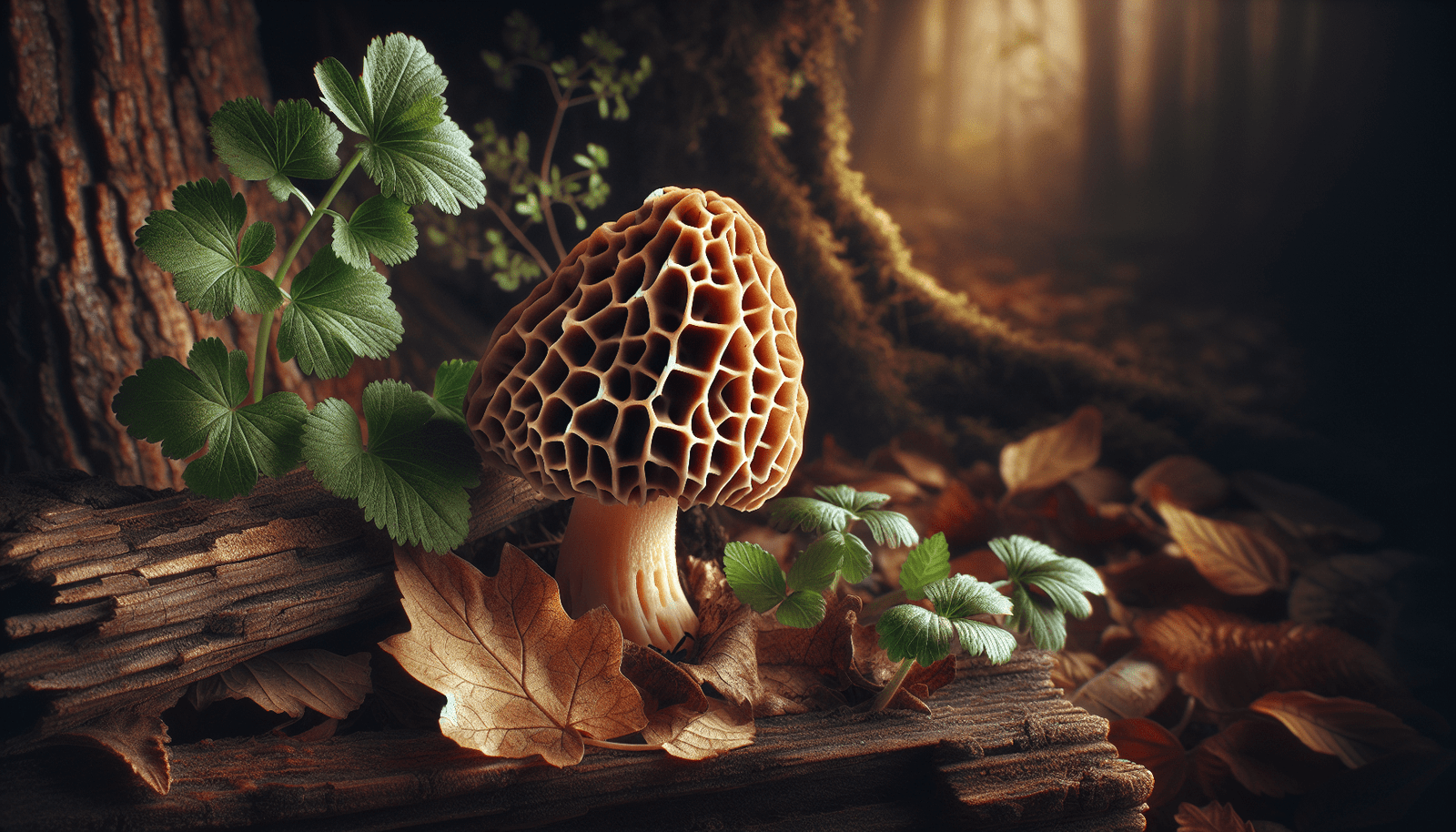Have you ever found yourself enchanted by the mystery of the forest, curious about the hidden treasures lying just beneath the undergrowth? The Great Lakes region holds one such treasure, alluring and ephemeral—the morel mushroom. foraging for morels can be a rewarding adventure that combines the thrill of a treasure hunt with the peacefulness of nature exploration.

Understanding the Morel Mushroom
What Are Morel Mushrooms?
Morel mushrooms (genus Morchella) are a gourmet delight known for their distinctive honeycomb appearance and rich, earthy flavor. They are one of the most sought-after wild mushrooms, beloved by chefs and home cooks alike. Their unique texture and taste make them a highly prized culinary ingredient.
Why Are They Special?
The morel’s allure is partly due to their elusiveness. These mushrooms defy cultivation, thriving only in the wild and, more specifically, in certain environmental conditions. Their short growing season and camouflaged appearance add to the challenge and excitement of finding them.
The Great Lakes Region: A Prime Foraging Ground
Why Forage in the Great Lakes Region?
The Great Lakes region, with its diverse ecosystems and climatic conditions, offers a fertile environment for morel mushrooms. The lush forests, abundant rainfall, and seasonal temperature fluctuations create ideal growth conditions for a wide variety of fungi.
Best Times for Morel Foraging
Timing is crucial when foraging for morels. In the Great Lakes region, morels typically appear in early spring, around April to June, when the soil begins to warm up. Monitoring temperature increases can help you predict when the mushrooms are likely to emerge.
Foraging Techniques and Tips
Essential Foraging Tools
To enhance your foraging experience, you’ll need the right tools:
- Mushroom Knife: A small knife for cutting mushrooms at the stem.
- Mesh Basket: Allows spores to spread as you walk, promoting future growth.
- Field Guide or App: For accurate identification of morels and avoidance of toxic look-alikes.
Identifying the Morel Mushroom
Accurate identification is crucial for safe foraging. Morels are recognizable by their distinctive honeycomb structure, with a cap that is attached directly to the stem. Be cautious of false morels, which can be toxic.
Optimal Foraging Habits
Successful foragers often venture out after rainfall when the ground is moist. Morels tend to grow near trees like ash, elm, and oak. Learn to recognize these trees, as morels are often found in their vicinity.
Safety and Ethical Considerations
Safe Foraging Practices
For your health and safety, always follow these guidelines:
- Educate Yourself: Understand the differences between edible morels and toxic look-alikes.
- Test Allergic Reactions: Some individuals may not tolerate morels well, so start with small tasting amounts.
Ethical Foraging Principles
Responsible foraging ensures sustainability and respect for nature:
- Leave No Trace: Avoid damaging the ecosystem; take only what you need.
- Respect Property and Regulations: Always seek permission to forage on private lands and adhere to local foraging laws.

The Morel in Culinary Arts
Culinary Uses of Morels
Morels are versatile in the kitchen, enhancing a variety of dishes with their nutty flavor. They can be sautéed with butter, simmered in soups, or featured in gourmet sauces. Due to their porous nature, morels absorb surrounding flavors wonderfully.
Health Benefits
Besides culinary appeal, morels also offer nutritional value. Rich in vitamins and minerals, they are low in calories and packed with antioxidants, making them a healthy addition to your diet.
Celebrating the Foraging Community
Morel Festivals and Workshops
The Great Lakes region is home to a vibrant foraging community, celebrated through events like morel mushroom festivals. These gatherings provide opportunities to learn from seasoned foragers, share stories, and enjoy mushroom-themed activities.
Joining Foraging Groups
Consider joining a local foraging group to meet like-minded enthusiasts. These communities are invaluable for sharing tips, locations, and advice while fostering a sense of camaraderie among mushroom hunters.

Conservation and Sustainability
Importance of Conservation
Understanding the ecological role of mushrooms is essential. Morels contribute to soil health and biodiversity. Sustainable foraging practices are critical for maintaining these benefits.
Efforts Towards Sustainable Foraging
Engage in practices that ensure the longevity of morel populations:
- Rotate Foraging Areas: Avoid over-harvesting in one spot.
- Educate Others: Share knowledge about sustainable foraging and conservation efforts.
Stories From the Forest
Tales from Experienced Foragers
Listening to the experiences of seasoned foragers can provide valuable insights. These stories often contain lessons about the landscape, tips for successful foraging, and sometimes humorous accounts of the quest to find the elusive morel.
Embracing the Adventure
Foraging for morels is more than just collecting mushrooms. It’s about reconnecting with nature, learning patience and perseverance, and appreciating the small wonders of the wild. This adventure invites you to pause, observe, and enjoy the natural world in its purest form.

Conclusion
In the Great Lakes region, foraging for morel mushrooms is an adventure that combines nature, camaraderie, and the thrill of discovery. Armed with knowledge, respect for nature, and a spirit of exploration, your foraging journey can be both rewarding and enlightening. Whether you’re savoring the taste of your find or sharing stories with fellow enthusiasts, morel foraging offers an experience that is as enriching as it is unique.
